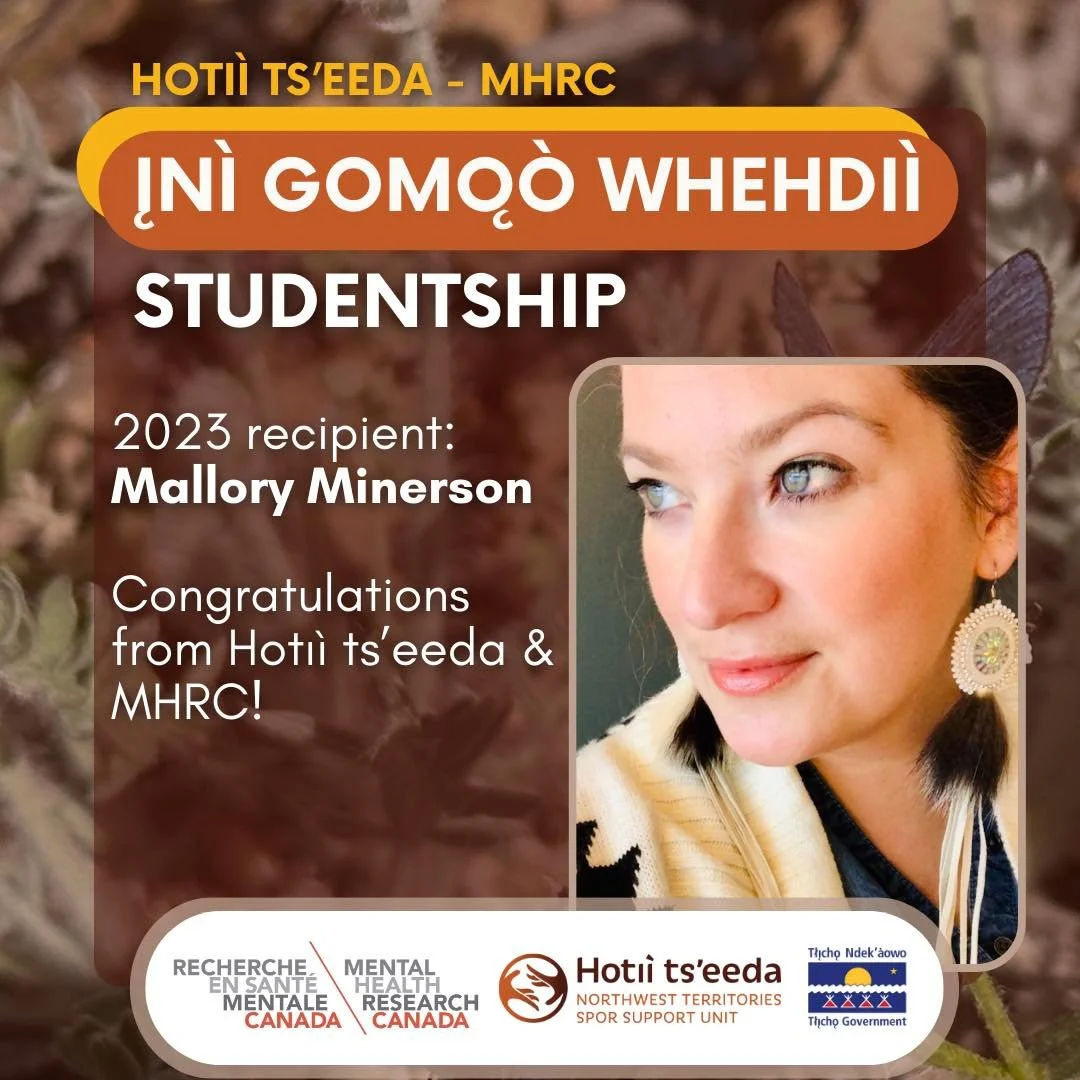Studentships and Fellowships
MHRC is committed to advancing or co-funding research that has the potential for deep and broad impact in the lives of Canadians, and that bridges the gap between research and practice.
Open Calls
MHRC-Mitacs-iA Workplace Mental Health Studentship (Fall 2026)
Mitacs and MHRC (with iA Financial Group’s support) are proud to co-launch a national studentship designed to empower and support early-career researchers leading innovative, community-based mental health projects focused on workplace mental health.
-
Tuesday, January 20, 2026
-
Tuesday, February 17, 2026 at 11.59pm ET
-
$15,000 per project
-
Please check this page regularly, follow us on social media or subscribe to our broadcast emails to be notified when new opportunities become available.
Please note that we only accept applications submitted during active open calls.
For more information about our funding opportunities, please contact us at: info@mhrc.ca
Thanks to a multi-year partnership, many of our studentships and fellowships are co-funded by Mitacs.
We run 1-3 funding cycles for studentships per year (this schedule may vary annually):
An Early-Year call (between February and May):
For general mental health projects starting in May or September.
A Truth and Reconciliation Day call (September 30th):
For Indigenous mental health projects, led by Indigenous researchers.
Additional targeted calls (throughout the year):
For mental health projects with a focus on specific research focus areas, population groups and/or geographic regions.
Past Calls
Completed Projects
Explore the links below to learn more about our successfully completed funded projects








